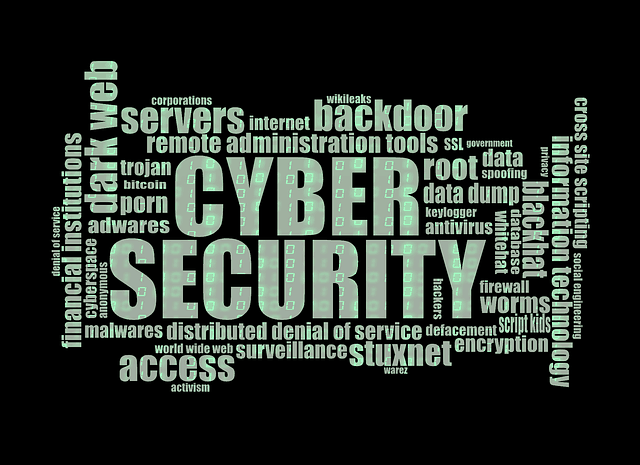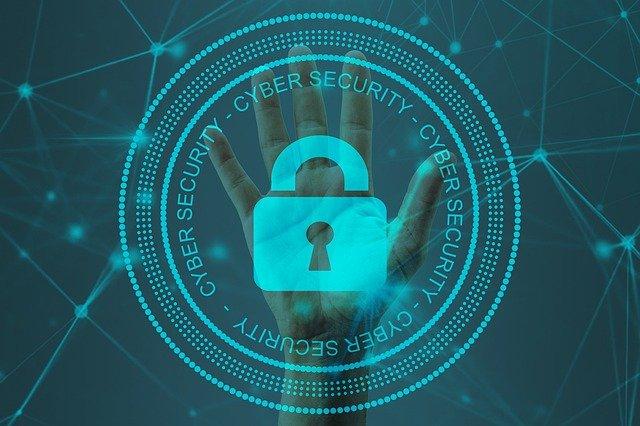How Does Artificial Intelligence Affect the Way We Do Business?

What does AI mean?
In a nutshell, AI is Automation on steroids.
We can also call it Automation 2.0 since it adds additional intelligence to robots or machines which up until now relied on strict set of instructions provided by human via code language. AI enables machines to learn from data through pattern recognition and behave accordingly. Machines can now process millions of data points, detect patterns, and act based on the findings, all in less than a second. While businesses have benefited from automation for many years, they have been looking for ways to go beyond a robot that just does routine simple tasks.
The invisible threat
In the past all businesses had to do to protect their sensitive information (Financial data, Trade secrets, and Intellectual properties) was to install an alarm system along with surveillance cameras to keep the bad guys at bay. But the bad guys no longer need to visit offices personally to steal the most prized assets (data) because, thanks to computers, we no longer store them in physical formats.
As such, businesses started focusing on securing their servers by implementing firewalls. These security barriers have resulted in a shift in hackers’ approach to stealing data. They now are focused on the weaker links in the chain which are users and their devices.
Hackers use sophisticated software to first collect information about everyone in your company (including the top management) from sites like LinkedIn, Facebook, Twitter, etc. Next, they utilize AI to detect patterns in their behavior. Finally based on the user’s behavioral pattern and subjects of interest, they use Artificial Intelligence to craft custom messages that trigger the desired action in the user’s mind, which is clicking on a malicious link, or open an infected email attachment.
Same email phishing tactics are used for tricking the users into believing their email box has been suspended for suspicious activity. The users are then prompted to enter their credentials to reactivate the email box. Once they gain that info, the entire mailbox will be indexed and scanned for key information such as other accounts and passwords, or Bank Wire transaction information. Armed with a trove of information about the user and his/her expected transactions, they try intercepting bank wires or exploit any other sensitive information they find.
These are just a few examples of highly sophisticated and automated systems that hackers use to process an unbelievable number of records in a short time and send thousands of custom emails in minutes. But automation does not stop here. Once the payload is delivered, the process of encrypting files, sending ransom note, collection of money, and delivery of the decryption keys are automated as well.
Due to ever increasing dependence on IT, the need to build and maintain advanced cyber-security infrastructures to protect your data has becomes more apparent. Obviously, educating users about the threats and ways in which they can prevent breaches is going to be extremely helpful to reduce the risks.
Unfortunately, basic cyber security training is either missing from employee manuals or limited to a couple of sentences on the use of social media channels at work. This is all when the frequency and severity of cyber-attacks continue to increase.
AI-enabled attacks are a national security concern
Pentagon released a report on the use of AI as well as investments made by countries such as China and Russia in machine learning in order to raise awareness about this topic. While this is a national security concern for Pentagon, we believe that it’s time for the business community to pay attention the risks and evaluate the costs and other implications of not building proper defense mechanism to prevent even more sophisticated attacks powered by AI.
As much as we like to believe in human ingenuity, many of the threats against computer systems simply cannot be controlled or prevented by humans. Managing all users, all their devices, and applications is a time-consuming and expensive task which cannot be performed by one or two people or a set of traditional security equipment or hardware. This is where Artificial Intelligence (AI) shines: to effectively combat attacks that are empowered by AI.
Can humans win this war?
The good news is that cyber-security professionals are already using Artificial Intelligence and Machine Learning to protect business IT infrastructures from malicious attacks. Machine Learning (ML) can be applied to not only monitor networks but to also identify and isolate abnormal behavior as potential risk, even if there’s no record of it anywhere ever before. The next generation of cyber security products use the power of AI to detect threats and stop suspicious files from accessing the company network. This allows cyber security professionals to evaluate files that are quarantined by the software, determine the risks associated with them, and make informed decisions.
The biggest advantage of an AI enabled cyber security solution is in its core ability to find patterns in malicious behaviors recorded by the machines. The advanced learning ability can then be used to prevent attacks that share certain characteristics found by the machine in the past or in other networks. This alone can save companies a lot of time and money currently spent on purchasing new technologies just to safeguard against unknown threats as the newer and more aggressive attacks are designed and deployed.
Remember, Cyber security is the true example of “An ounce of prevention is worth a pound of cure” and there is no room for learning on the job.





